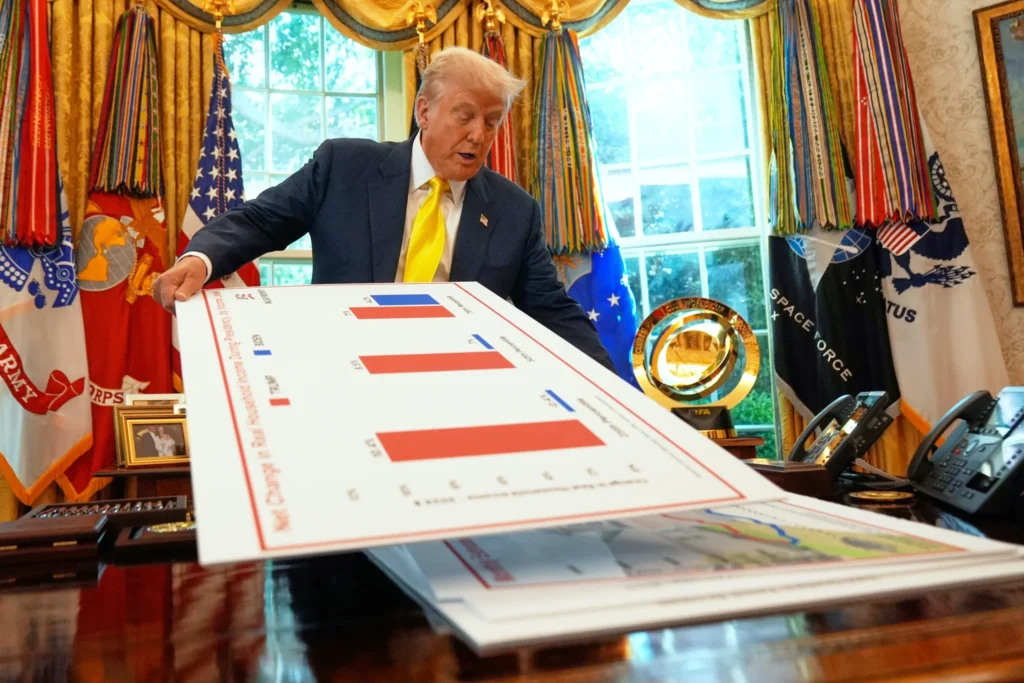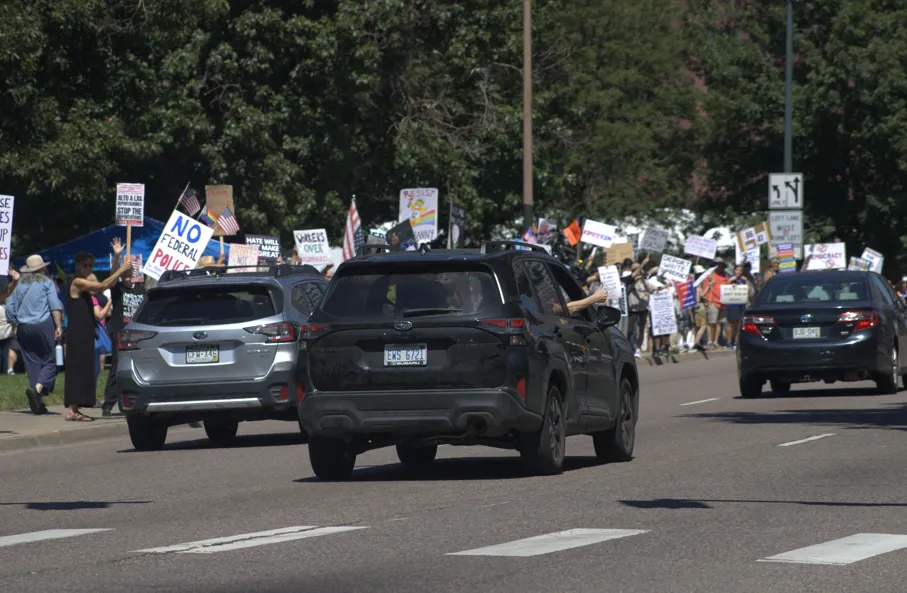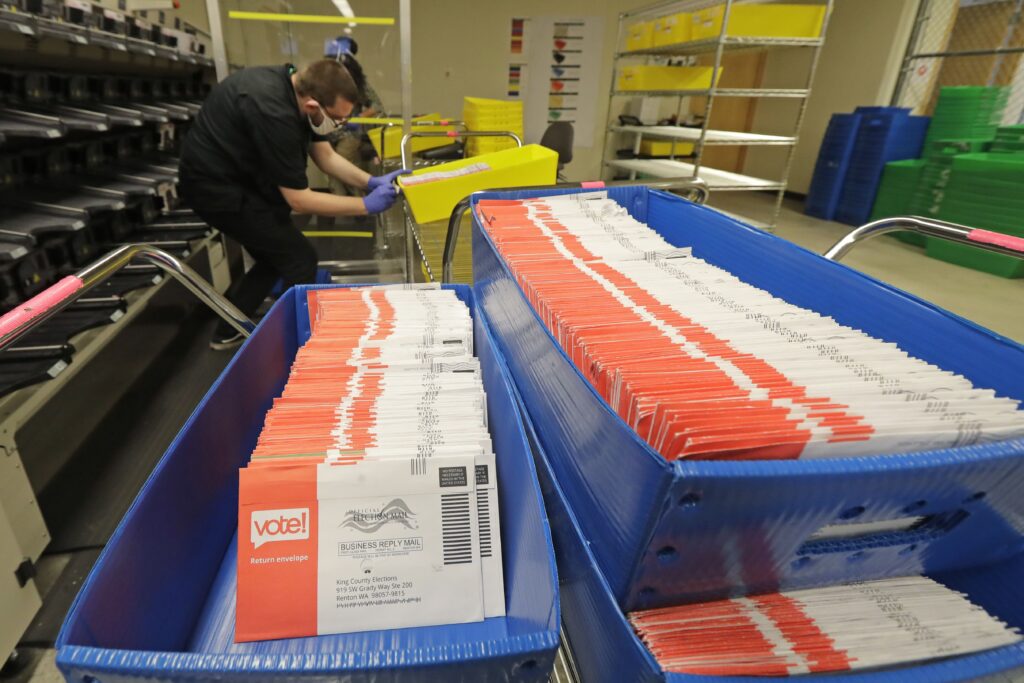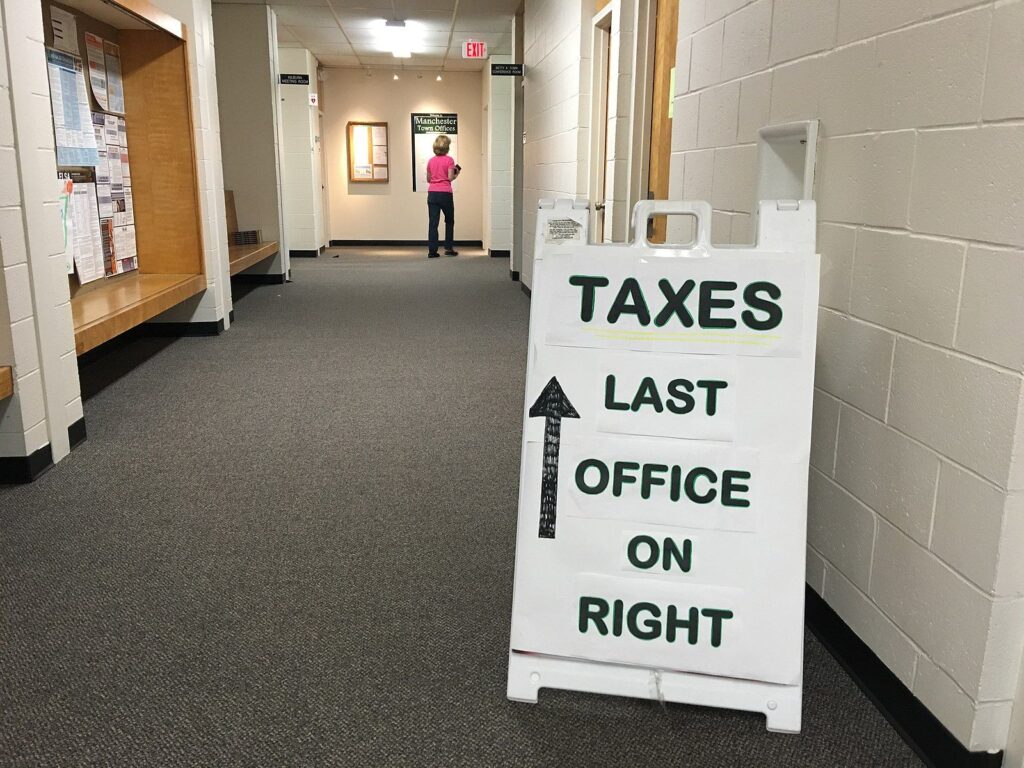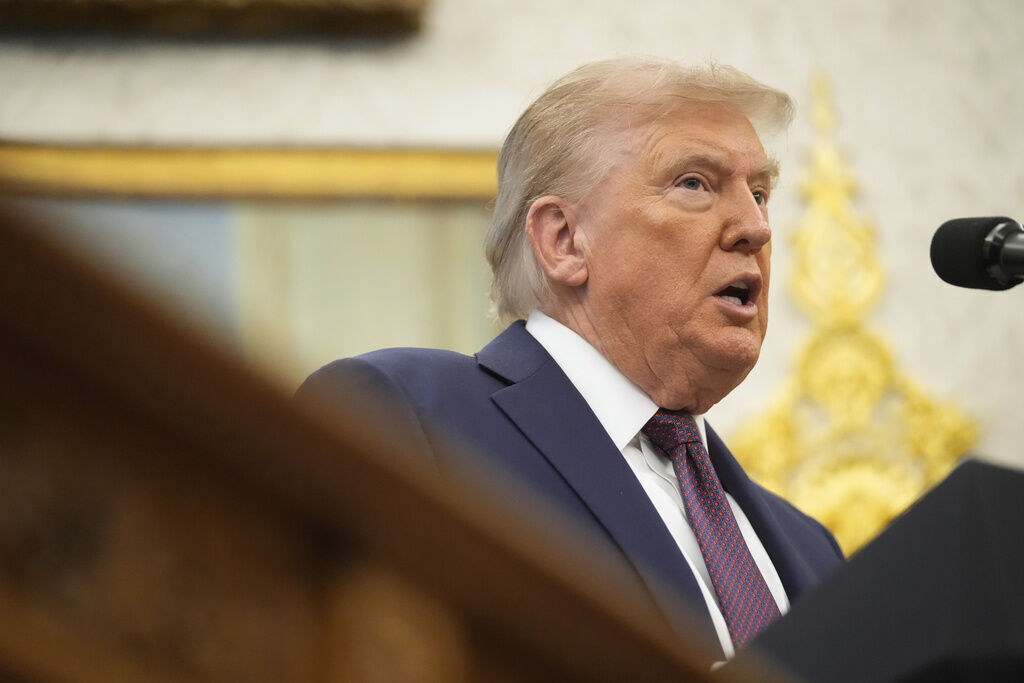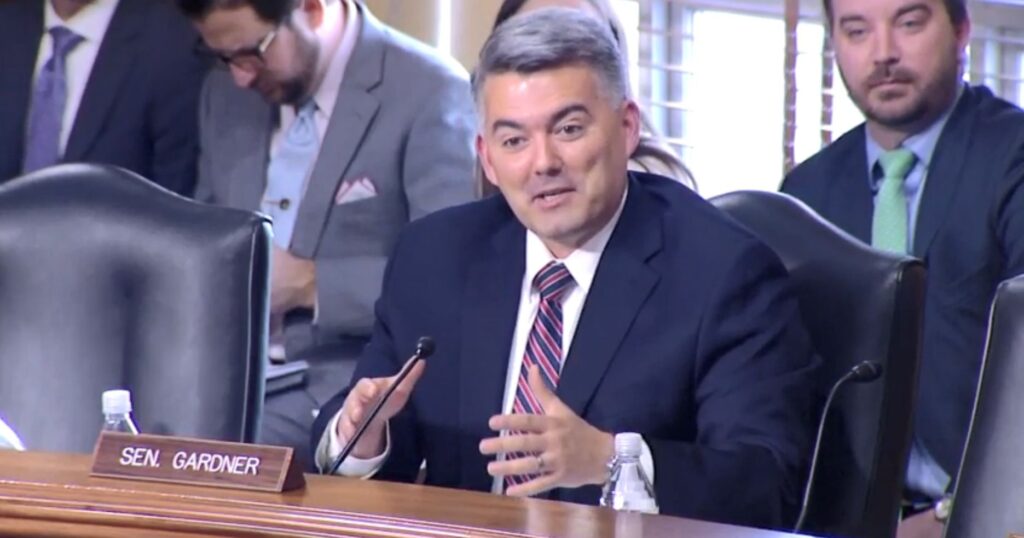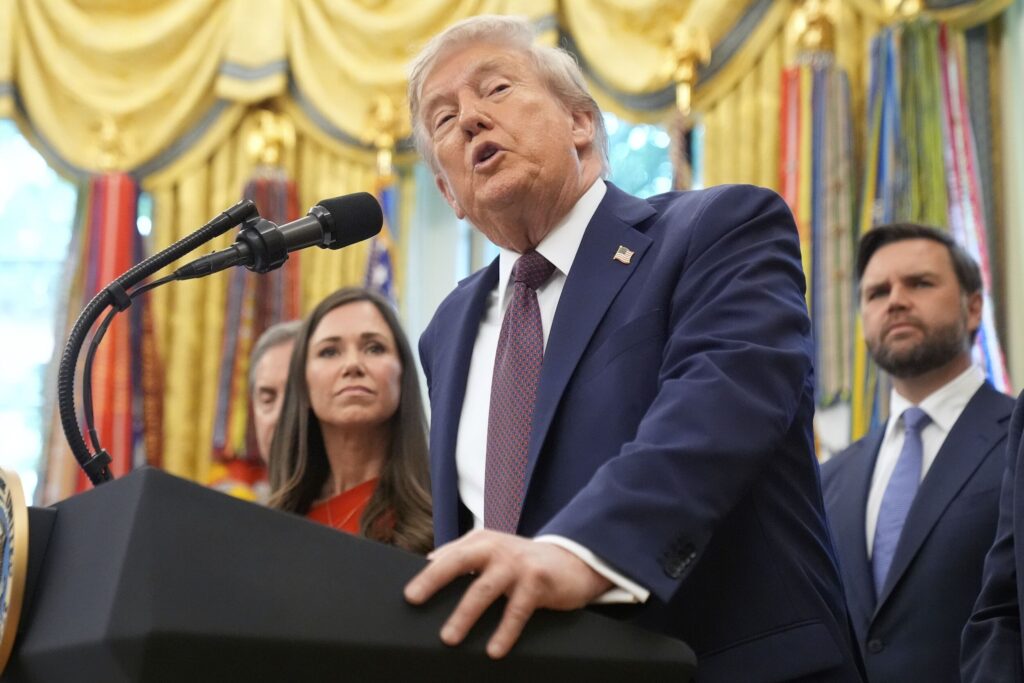Grantham on transportation bill: ‘There’s going to be some significant changes.’
The transportation bill the House passed two weeks ago will look a lot different when the state Senate gets done with it.
That’s the word from Senate President Grantham on “The Ross Kaminsky Show” on TalkRadio 630 KHOW the other day.
That sales tax hike we’ve been hearing so much, the one that’s going to widen interstates and pay for more transit, is “about 50-50,” Grantham said. “It’s got an uphill climb in the Senate.”
He vowed, “There’s going to be some significant changes.”
Here’s the whole bit:
The currently proposed 0.62 percent sales tax increase will be lowered in the Senate, Grantham said at the end of his 17-minute monthly chat on Kaminsky’s morning show.
He didn’t elaborate because time was running out.
Grantham agreed it was a hard pillow to swallow for Republicans to ask voters for a tax increase. He was coy, however, when Kaminsky pressed him on whether he gave in to allow a vote, knowing it would fail to force Democrats next year to concede to spending more on transportation from the existing budget.
As House Bill 1242 is currently written, no money out of the state budget goes into the $3.5 billion the state would borrow for stuff like widening Interstate 25 north of Monument and Denver, and addressing traffic jams on I-70 to and from the mountains.
If voters shoot down a tax increase, the “message coming back next January is, ‘Listen, we came through with giving an opportunity to the people of Colorado, and they said stick it in your ear,’” Grantham said.
The Senate president also talked about the highs and lows of the session, which enters its final month this week.
Grantham cited Senate Bill 62, the free speech on campus bill signed into law by the governor last week.
“It’s a remarkable thing that we have to do something like that, that we have to tell university and college campuses they have to respect the rights of free speech in the public arena.” he told Kaminsky.
He noted that 4/20 celebrations have the same rights as religious displays, which might be why the bill united the parties “virtually untouched by no vote.”
The lows?
“They’re still in the works,” Grantham said.



